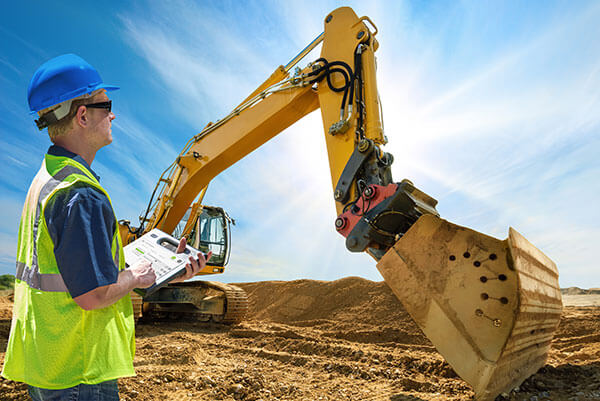Safety is not just important, but vital in Denver’s thriving construction sector. With the city’s skyline continually evolving and new projects breaking ground regularly, ensuring the safety of workers and the public is non-negotiable. While various measures contribute to a safe construction environment, one often overlooked aspect is the role of heavy equipment service in Denver. Proactive servicing of heavy machinery is of paramount importance in maintaining safety standards on construction sites throughout Denver, surpassing the scope of routine maintenance. This article delves into the importance of heavy equipment service in promoting safety within Denver’s construction industry.
1. Safety Compliance And Regulations
Denver’s construction sector operates within a framework of stringent safety regulations and compliance standards. For the secure operation of heavy equipment, such as cranes and excavators, it is critical that these regulations be strictly adhered to. Consistent maintenance guarantees that equipment maintains adherence to these criteria, thereby mitigating the likelihood of accidents and regulatory sanctions.
2. Prevention Of Accidents
One of the primary benefits of heavy equipment service is accident prevention. Well-maintained machinery is less likely to malfunction or experience unexpected breakdowns, reducing the risk of accidents on the job site. By addressing potential issues before they escalate, service technicians help mitigate risks and create a safer working environment for construction crews.
3. Operator Safety
Operators of heavy equipment bear significant responsibility for their own safety and that of their colleagues. Properly serviced machinery enhances operator safety by providing reliable performance and reducing the likelihood of equipment failure during operation. Regular service intervals also offer opportunities for training and education on safe equipment operation, further enhancing operator competence and awareness.
4. Structural Integrity Of Equipment
Heavy equipment operates under extreme conditions, subjecting it to considerable wear and tear over time. Without regular servicing, components can deteriorate, compromising the structural integrity of the machinery. Servicing involves thorough inspections to identify and address potential weaknesses, ensuring that equipment remains structurally sound and capable of withstanding the demands of construction work.
5. Enhancing Equipment Performance
In addition to safety considerations, well-maintained equipment also delivers superior performance on the job site. Properly lubricated components, calibrated systems, and optimized engines contribute to smoother operation and increased productivity. By investing in regular servicing, construction companies not only prioritize safety but also reap the benefits of enhanced efficiency and effectiveness.
6. Mitigating Environmental Risks
Construction activities can have environmental implications, particularly concerning emissions and fluid leakage from heavy equipment. Regular servicing includes measures to minimize environmental impact, such as emissions testing, fluid leak detection, and proper disposal of hazardous materials. By addressing these concerns proactively, construction companies demonstrate their commitment to environmental stewardship while safeguarding public health and natural resources.
7. Long-Term Cost Savings
While some may view heavy equipment service as an expense, it’s more accurately an investment in long-term cost savings. By preventing costly repairs, minimizing downtime, and extending the lifespan of machinery, regular servicing ultimately reduces the total cost of ownership for construction companies. Moreover, the avoidance of accidents and associated liabilities can lead to significant financial savings and reputational benefits.
8. Building Trust And Reputation
Safety is not only a legal and ethical imperative but also a cornerstone of trust and reputation in the construction industry. Clients, stakeholders, and the public at large expect construction projects to prioritize safety above all else. By prioritizing heavy equipment service and maintaining exemplary safety records, construction companies in Denver can build trust with clients, attract top talent, and enhance their reputation as responsible industry leaders.
Conclusion
As the construction industry in Denver continues to evolve, ensuring safety continues to be a paramount concern for all parties involved. While numerous factors contribute to a safe working environment, the crucial role of heavy equipment service cannot be overstated. From ensuring regulatory compliance to preventing accidents, enhancing equipment performance, and mitigating environmental risks, proactive servicing of heavy machinery is indispensable to the safety and success of construction projects in Denver. By prioritizing safety through regular equipment maintenance, construction companies uphold their commitment to protecting lives, property, and the environment, ensuring that Denver’s construction industry continues to thrive safely and sustainably for years to come.

